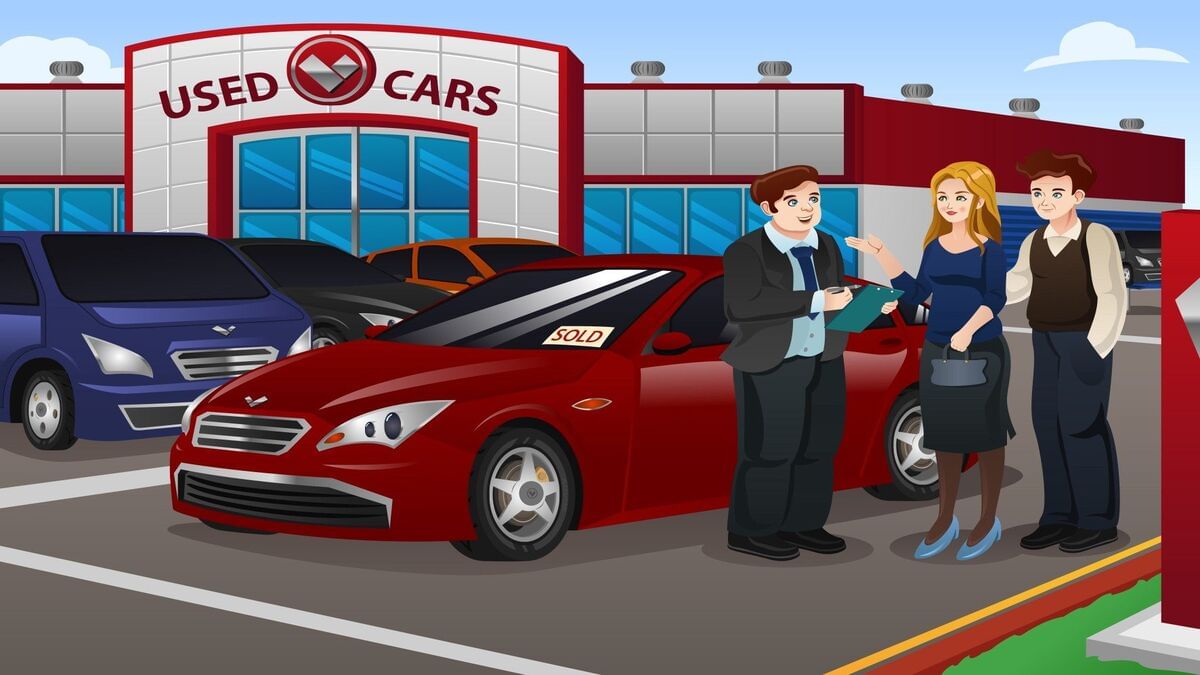10 Important Things to Know Before Buying a Used Car in India

Introduction
Table of Contents
10 Important Things to Know Before Buying a Used Car in India
1. Set a Budget Including Hidden Costs
Before you start shortlisting used cars, define your total budget. This should include not just the vehicle’s cost but also:
- Insurance premium
- Registration transfer fees
- Repairs or upgrades
- Road tax (if applicable)
- Fuel and maintenance expenses
If you’re taking a loan, compare used car loan interest rates and calculate the EMI affordability. Knowing your limits will help narrow down options and avoid impulsive buying.
2. Identify the Right Car for Your Needs
Not every car suits every buyer. Think about:
- Your daily driving distance
- Fuel type preference (petrol, diesel, CNG, electric)
- Transmission (manual or automatic)
- Purpose: family use, city commute, off-roading, etc.
Also, research models known for low maintenance, fuel efficiency, and long-term reliability. Popular and widely sold models often offer easier access to spare parts and better resale value.
3. Inspect the Vehicle History

EV CAR BATTERY, How to Create a EV Charging Dealership (2025 Guide)
Always check the history of the car before buying. You can use services like Droom, CarDekho, or Spinny to check:
- Past ownership records
- Accident history
- Flood damage
- Service records
Ask the seller to provide a full-service history and original documents. Avoid vehicles with multiple ownership changes or inconsistent mileage records.
4. Thorough Vehicle Inspection is Crucial
Even if the car looks clean from the outside, a professional inspection is highly recommended. Some key areas to check:
- Exterior: paint mismatches, dents, rust spots
- Tyres: uneven wear may indicate alignment issues
- Engine: noise, oil leaks, smoke
- Interior: upholstery, dashboard lights, infotainment system
- Underbody: check for rust or repair marks
Hire a trusted mechanic for a comprehensive inspection. Online platforms often offer certified inspection reports for peace of mind.
5. Take a Proper Test Drive
A test drive can reveal how the car actually performs. Test it on different road conditions, including:
- Highways
- Speed bumps
- Inclines or flyovers
- Bumpy or rough roads
Pay attention to:
- Engine smoothness
- Gear shift response
- Brake efficiency
- Suspension comfort
- Any abnormal sounds
A proper test drive ensures you’re not buying a vehicle with hidden mechanical issues.
6. Check for Odometer Tampering
Odometer fraud is a common trick in the used car market. To verify:
- Compare the odometer reading with the car’s age
- Look at service records and match mileage entries
- Excessive wear on pedals, seats, or steering could indicate tampering
If something feels off, ask for more clarification or move on to another listing.
7. Verify All Car Documents
Before closing the deal, ensure all legal documents are in order:
- Registration Certificate (RC)
- Insurance papers
- Road tax receipts
- Pollution Under Control (PUC) certificate
- No Objection Certificate (NOC) if car is from another state
- Form 35 and loan clearance if finance was involved
- Service and maintenance records
Incomplete documentation can delay ownership transfer or cause legal trouble later.
8. Negotiate Like a Pro
Don’t hesitate to negotiate the price based on:
- Vehicle age and condition
- Missing accessories
- Needed repairs or replacements
- Market demand and resale value
Use your research and inspection findings to justify your offer. Be polite but firm, and don’t get pressured into closing the deal instantly.
9. Transfer Insurance and Ownership Promptly
Once the deal is finalized:
- Get the RC transferred to your name at the RTO.
- Ensure the insurance policy is transferred to your name or buy a new one.
- Update your name in the PUC and FASTag records too.
Failure to do so may lead to issues in case of an accident or legal dispute.
10. Buy from Verified Sellers or Trusted Platforms
Used Car vs New Car Loans in 2025: Which One Should You Choose?
To reduce risks:
- Buy from certified dealerships, OEM pre-owned networks, or reputed online platforms like:
- Spinny
- Cars24
- OLX Autos
- CarWale
- Avoid unverified local sellers unless you’re sure about the car’s condition and paperwork.
Certified used cars usually come with inspection reports and limited warranties.
Final Thoughts
Buying a used car in India can offer great value for money—if you know what to look for. Always research, inspect, test, and verify before signing the deal. This checklist will help you avoid regrets and ensure that your second-hand car becomes a long-term asset, not a liability.
